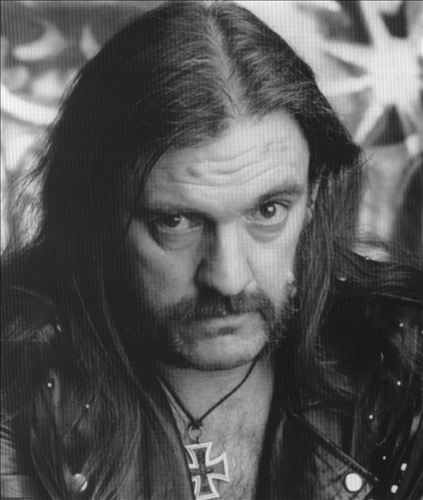I do
Removed by mod
I pronounce it data. Guess I thought everyone did.
Me too. Out of interest do you pronounce it ‘gif’ as well?
Same
I know it’s me just being a particular asshole, but I really don’t like the pronunciation data… it’s honestly tiresome, problematic, and outdated. It’s pronounced DATA.
For his name I say data but when talking about data I say data but when I say database I say data and when I watch 1986’s Willow with Warwick Davis I say data
What does Willow (1986) have to do with data? Isn’t it, like, a sword-and-sorcery fantasy movie?
Oh I bet there’s a character with a name that sounds like the word “data”.
There’s a kid who calls her father dada (dadda?..sp?) throughout the movie
You should probably watch willow. It’s not terrible. Val kilmer with a sword.
Oh same
I don’t know, because I have no idea how the Star Trek character says it…
Day-ta
Nope. Definitely don’t say it like that!
Do you say it how the woman said it then?
Yep! Though now that I’ve seen that, I’ll use Data’s preferred pronunciation when talking about the character
Data thanks you :) you are very respectful
A local radio DJ said once that if he’s feeling fancy he says “Da Ta” like “ta-da!” Cracked me up way more that it should have.
I pronounce it the correct way: dah-tah
how do you pronounce database?
Dah-tah-bah-seh
That is incorrect
I vacillate between the two. Really depends on the words surrounding “data”.
Depends on the language I’m speaking, but I usually say da-ta, because data is a Portuguese word for date, and when I switch to English and keep the Portuguese pronunciation (and sometimes I even mix up both words but that’s another story)
I alternate between the two pronunciations depending on whatever I vibe with at the time, much like with how I spell colour/color
I pronounce it like that, but I call the character “dah-ta”
Is that meant to be /æ/ as in “dad” or /ɑː/ as in “spa”? I find people do not agree on which sound the spelling <ah> indicates.
Oh I assure you, I would have used IPA if my goal was to accurately convey my pronunciation.
One is his name, the other is not
I know it’s wrong, but it’s ok right? 👉 👈
If Data had feelings, he’d be very upset right now.
Yes, i watched TNG before (and during) i learned English
I only say data the way it’s said in Star Trek. Same for database.

How else are you supposed to pronounce it?
Dat a
There are three variants I’m aware of: /eɪ/ as in “day”, /æ/ as in “dad”, and /ɑː/ as in “spa”. I personally say it with /æ/.
Brits pronounce it day-ta, Americans, Canadians and Australians pronounce it dah-ta. Data pronounces it Day-ta.
American here, I can’t speak for Canada, but I don’t think I’ve ever heard any Americans in the US in real conversations say it differently than it is in Star Trek.
I’ve lived in nearly every major region of the US, so if there’s a place where they still pronounce it like “dah-ta” it must be a very small regional thing. Normal working class people having actual conversions everywhere I’ve ever been say “day-ta”.
I’ve read before that Patrick Stewart is the reason for that changing, but I don’t know if that’s true. Seems like an outsized influence for one guy to have on culture, but maybe!
Interesting. From some googling it looks like America is a mix of both but leaning towards day-ta, whereas the other countries are more consistently as I said.
I have a British friend who now lives in Canada and works in tech and has changed the way he says it (from day-ta to dah-ta, or really more like dah-da) for convenience. I had thought that it was an Atlantic divide but seems like there’s more to it.
I’m a software developer in Canada. I’ve only ever heard “day ta”
It is pronounced /ˈdætə/.
Dictionaries are descriptive, not prescriptive.















